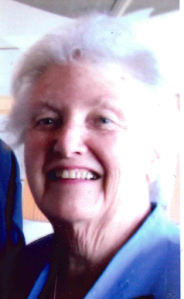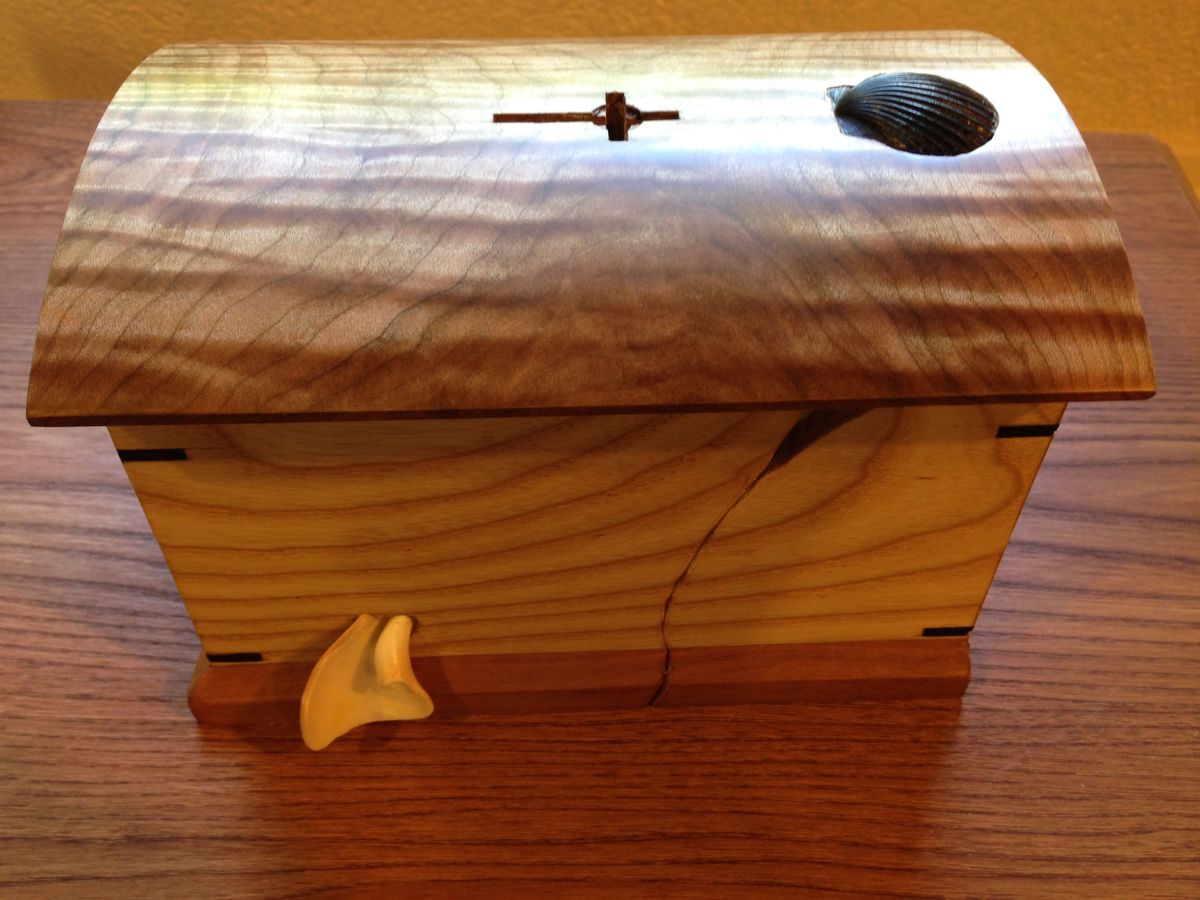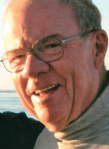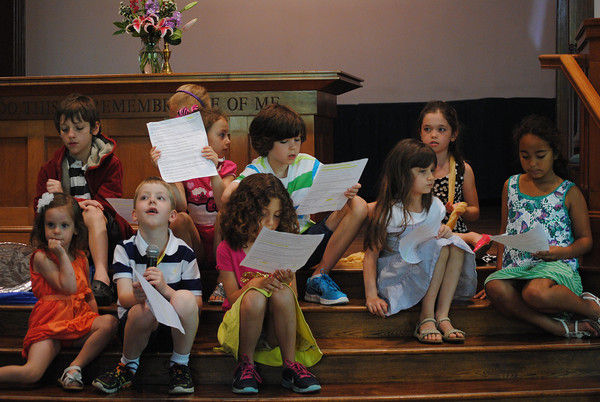Dear Friends in Christ,
As we begin our Lenten journey together, I thought I’d share with you my first monthly column for the Newburyport Daily News about “Grief and Comeback.” Lent is a time to deepen our relationship with Jesus, who is our friend, teacher, healer, and partner. Lent requires a willingness to take the risk of knowing Jesus by heart – and then weeping at his death. I am delighted that we can take this journey through Lent together – and then “comeback” with joy on Easter Sunday.
Blessings,
Laura
“Blessed are those who mourn, for they will be comforted.” Matthew 5:4
About a week ago, a massage therapist and friend of mine, called me with a suggestion: “Why don’t you write a regular column for the Daily News about grief. So many people in this community are struggling with some kind of loss, and they don’t know what to do with their feelings. As a grief counselor, you could offer some comfort through a regular article in the paper.”
Curiously, I was listening to National Public Radio at the time. Tom Ashbrook, the host of “On Point,” who recently lost his wife, had just returned to work after a period of grieving. His program was titled “Grief and Comeback.” He said, “One thing we know about life that is terrible and true: it ends. We don’t get a choice about that. And sooner or later, that end comes to people that we love. And then, we grieve. In the past two months, that’s been my path. A much-loved partner, lost. And plenty of grief. But for all the personal pain of it, grieving is an utterly universal experience. It comes to us all, essentially, at some point, over a parent, a lover, a friend, a child. It is one of the most human experiences. We are looking for some wisdom in this hour on how to make it through. And live again.”
What I hope to do with this regular column in the Daily News, is to share stories and offer some comfort and healing. Together, I hope we’ll discover ways to “make it through and live again.”
Grief is one of the most common human experiences and one of the hardest to navigate. Grief can feel as painful as a physical wound, and have as much power to affect our daily routines as a form of paralysis. When grief has a grip, we feel like we are moving in slow motion, while the rest of the world is speeding ahead.
Death is one cause for grief, but not the only one. We grieve when there is a separation or divorce; when our children leave for kindergarten or college; when we are forced to depart from a job or a community; when our home is an unsafe place to live; when we are betrayed; when a beloved animal dies; when we receive a difficult diagnosis about our health; when violence destroys our sense of safety; and when power is misused at our expense. No matter how we get to the place of grieving, grief needs tending. Without attention, the emotions that emerge can be debilitating and can impact our future health and the significant relationships in our lives.
The first step in healing grief and coming back to life, is awareness and acceptance. Rather than telling ourselves to “get over it” or that “other people have it much worse.” or “its been long enough, time to move on,” healing and comeback require being gentle with our selves. There is no correct time frame for grieving and no proper way to feel.
What you feel matters. How you feel, whether it is numbness, fear, guilt, regret, relief, anger, sadness, or absolutely nothing, matters. YOU matter. To ignore or dismiss grief is to deny your humanity. Grieving makes us feel vulnerable, and we are a culture that resists vulnerability with passion. But coming back to life requires a willingness to be vulnerable, with ourselves first, and then with the people we love. So join me in the work of “grief and comeback.”
As we begin this journey in this public forum, I invite you to take time to be gentle with yourself and to notice your grief. Have you lost something or someone important, recently or even long ago, and are you afraid to feel what you really feel? Perhaps reading this column will open up an opportunity for you to comeback home to yourself.
In closing, I offer an exercise that might be helpful. Take one small piece of paper and a pen and write down a loss. It doesn’t have to be a big one – or even a recent one. Name the person or the situation and underneath the loss, write one feeling that has a grip on your heart. Just one. Then say this blessing:
Here I am, just as I am. This feeling has a grip. As I name it and release it, may I be blessed and comforted. And may I live again. Bless also, the one who has died, that they may be at peace.


 he end of our Christianity 101 Class, Win shared this reflection during worship:
he end of our Christianity 101 Class, Win shared this reflection during worship:
